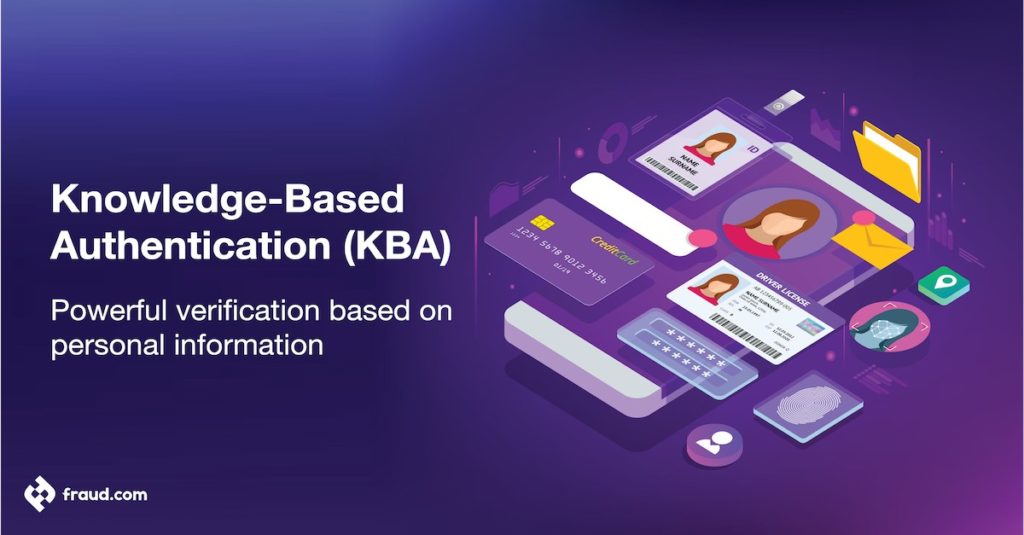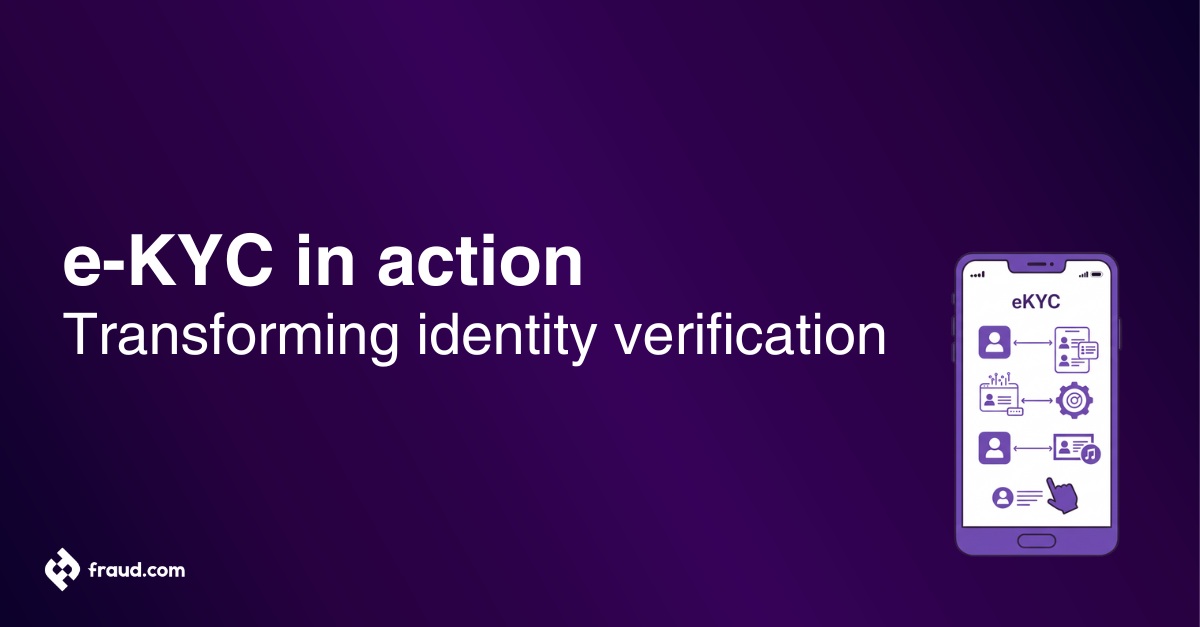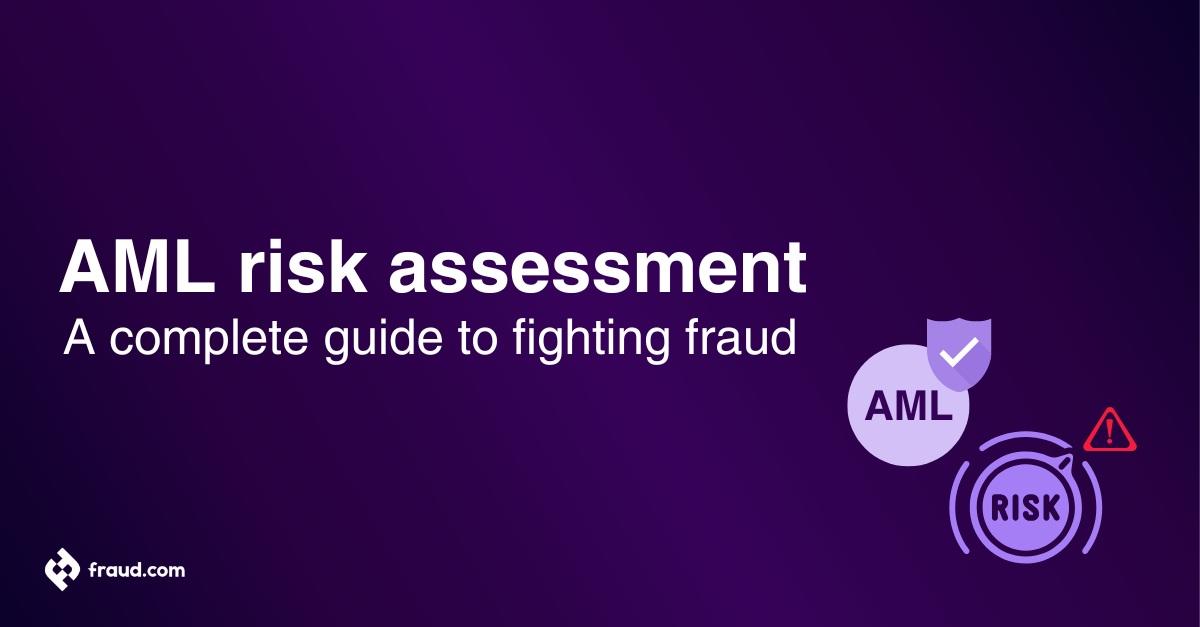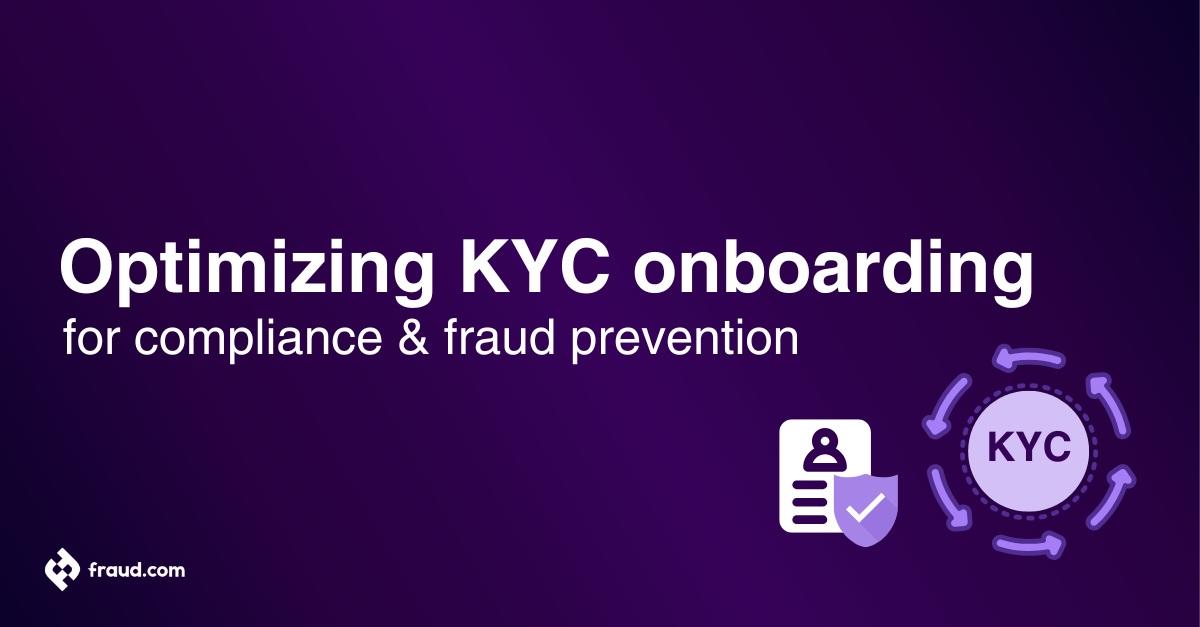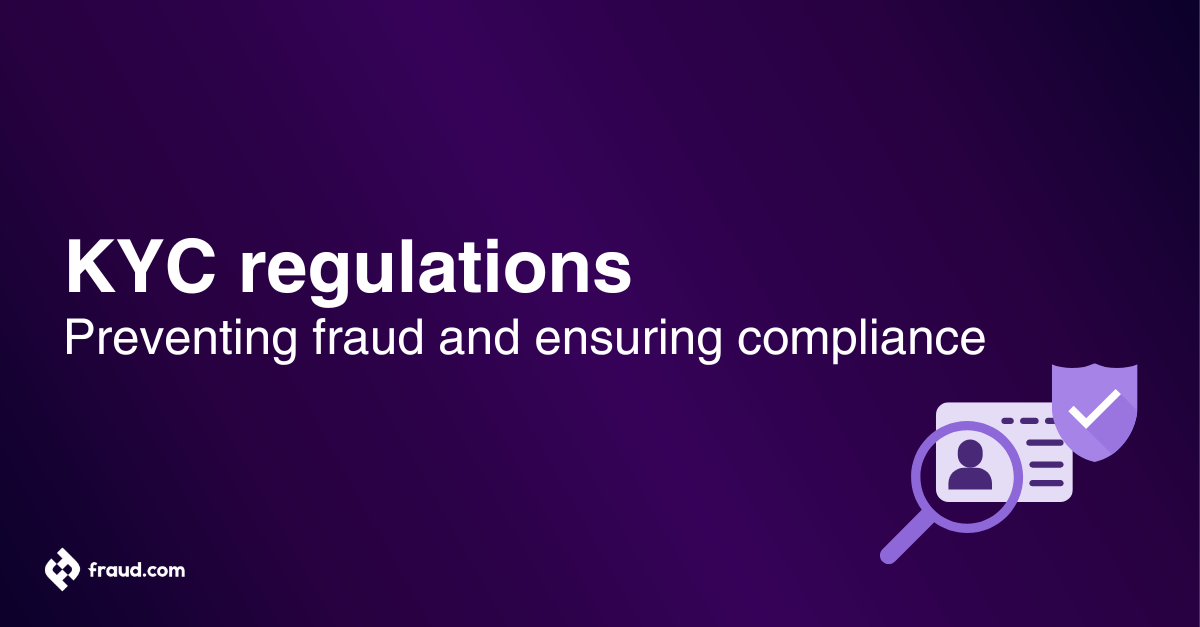Have you ever been asked to input your personal details such as your name and date of birth online to prove who you are? If so, you’ve most likely encountered knowledge-based authentication. This powerful authentication method uses personal information to verify a user’s identity and is increasingly used to protect sensitive data and accounts.
But what is KBA, and how does it work? And is it as safe as we believe? We’ll dive into the world of KBA in this article, covering everything from its definition and inner workings to its benefits and drawbacks.
We’ll also look at some alternatives to KBA, such as physical security keys and behavioural biometrics, and weigh their effectiveness. So, buckle up and prepare to learn everything there is to know about KBA, the powerful verification tool.
Table of Contents
ToggleWhat is Knowledge-Based Authentication?
Knowledge-Based Authentication (KBA) is an authentication method used to verify a user’s identity by requesting personal information. This information could include their social security number (USA) or national insurance number (UK), birth date, or first pet’s name. The user must respond correctly to a series of questions based on this personal information. If the answers are correct, the user is presumed to be who they claim to be.
KBA operates by storing personal information about users in a database. When a user attempts to access an account or system, they are prompted to answer a series of questions based on this information. The user is granted access if the answers are correct. If the answers are incorrect, the user’s access is denied.
Examples of personal information used in the KBA include:
● Social security number (USA)/National insurance number (UK)
● Date of birth
● Mother’s maiden name
● Phone number
● Address
● Employment History
● Education History
Importance of KBA
KBA is critical to safeguarding sensitive information and accounts. It helps prevent unauthorised access to sensitive accounts and systems by requiring users to provide personal information that is difficult for others to guess or obtain. This is especially important in cases where unauthorised access could have serious consequences, such as financial and banking fraud.
KBA has advantages for both organisations and individuals. It can help organisations reduce the risk of data breaches and protect against fraud trends. Individuals benefit from KBA by adding an extra layer of security to their personal information and accounts.
Read this to learn more about identity verification.
Why is Knowledge-Based Authentication used?
KBA is used to verify a user’s identity in various situations. This can include logging into financial accounts, opening new accounts, or making certain online purchases.
KBA is frequently preferred over other authentication methods such as biometric authentication and multi-factor authentication because it is simple to implement and does not necessitate any special hardware or software. It is also relatively simple for users to remember their personal information, making it a convenient method of identity verification.
Is Knowledge-Based Authentication Secure?
KBA’s security is determined by various factors, including the strength of the personal information used and the security of the database in which the data is stored. KBA is generally regarded as a secure authentication method if the personal information is secure, and the database is appropriately safeguarded.
KBA, on the other hand, has potential flaws and limitations. For example, if an unauthorised party obtains a user’s personal information, it could be used to access the user’s accounts, resulting in account takeover fraud. Furthermore, if a user forgets or has difficulty remembering their personal information, they may be unable to access their accounts.
Types of Knowledge-Based Authentication:
The following are several types of Knowledge-Based Authentication (KBA) that can be used, each with its unique characteristics and benefits.
Static KBA
Static KBA is a type of KBA that uses personal information that does not change over time. Examples of personal information that can be used in a static KBA include:
- A social security number or national insurance number.
- Date of birth.
- Mother’s maiden name.
- The name of a person’s first pet.
This information is stored in a database and used to verify the identity of a user by asking them to provide the correct answers to a series of questions based on this information.
Dynamic KBA
Dynamic KBA uses personal information that is constantly changing. Examples of personal information used in dynamic KBA include:
- A phone number.
- Email address.
- Physical address.
This type of KBA is often preferred in situations where static KBA may not be suitable, such as when a user’s personal information is likely to change over time.
Enhanced KBA
Enhanced KBA combines static and dynamic information to provide an extra level of security. This type of KBA is often used when a high level of security is required, such as in financial transactions or when accessing sensitive systems. Enhanced KBA provides an additional layer of protection against unauthorised access by combining static and dynamic information.
Overall, the type of KBA that is most appropriate will depend on an organisation’s or individual’s specific needs and requirements. Static KBA may be suitable in situations where users’ personal information is unlikely to change. At the same time, a dynamic KBA may be more appropriate when personal information is more likely to change over time. Enhanced KBA is generally considered the most secure option but may not be necessary for all situations.
How Effective is Knowledge-Based Authentication?
The effectiveness of KBA is determined by several factors, including the strength of the personal information used, the number of questions asked, and the database’s level of security. KBA is generally regarded as a reliable authentication method if the personal data is secure, and the database is appropriately safeguarded.
Compared to other authentication methods, KBA is widely regarded as a reliable method of verifying identity. Though, in some instances, it is less effective than other methods. Some physical security keys or biometric authentication methods such as passwordless authentication are more secure. For instance, authentication methods such as biometric authentication use strong practices such as liveness detection for anti-spoofing.
Knowledge-Based Authentication Alternatives:
Several alternatives to knowledge-based authentication (KBA) exist to verify identities. These alternatives may be more suitable in certain situations or provide an additional layer of security when used in conjunction with KBA.
Physical security keys:
Physical security keys are small devices used to authenticate a user’s identity. They are often used in conjunction with KBA and are considered very secure. Physical security keys require the user to have the physical key in their possession to access an account or system.
This helps prevent unauthorised access, as the key cannot be easily replicated or stolen. Physical security keys are often used in high-security environments, such as government agencies or financial institutions.
Phone-as-a-token:
Phone-as-a-token is a method of authentication that uses a user’s phone to verify their identity. If a user tries to access an account or system, they will receive a security code sent to them via text or phone call, and they need to enter this code to be granted access.
This method is considered secure, as the user must possess their phone to access the account or system. Phone-as-a-token is often used as an alternative to KBA, especially when a user’s personal information may be vulnerable to fraud or theft.
To learn more about multi-factor authentication, read this.
Behavioural biometrics:
Behavioural biometrics is a type of authentication that uses the unique characteristics of a user’s behaviour to verify their identity. Examples of behavioural biometrics include a user’s typing speed, how they hold their phone, or how they swipe their finger on a touchscreen. This type of authentication is considered very secure, as it is difficult to replicate or steal these unique behavioural characteristics. Behavioural biometrics can be used as an alternative to KBA or as an additional layer of security when used in conjunction with KBA.
Overall, the most appropriate authentication method will depend on an organisation or individual’s specific needs and requirements. In some cases, KBA may be sufficient on its own, while in other cases, additional authentication methods may be necessary to provide an extra layer of security.
For a better understanding of biometric authentication, check this out.
Our KBA Solution – Udentify
At fruad.com, we offer a powerful KBA solution called Udentify. Our solution uses advanced artificial intelligence to verify the identity of users in real-time. With Udentify, organisations can quickly and accurately verify the identity of users without requiring them to remember complex passwords or personal information.
Some of the features of Udentify include:
● Real-time identity verification: Udentify can verify the identity of users in real-time, providing fast and accurate results.
● Advanced AI and machine learning: Our solution uses advanced AI and machine learning algorithms to verify users’ identities accurately.
● Easy integration: Udentify can be easily integrated into existing systems and processes, making it easy to implement and use.
Benefits of using Udentify for KBA:
● Improved security: With Udentify, organisations can improve the security of their systems and protect against unauthorised access.
● Reduced fraud: Udentify can help to reduce the risk of fraud and identify theft by accurately verifying the identity of users using liveness detection.
● Improved user experience: Our solution is easy to use and does not require users to remember complex passwords or personal information, making it a more convenient option for identity verification.
Conclusion:
Finally, Knowledge-Based Authentication effectively verifies users’ identities based on personal information. It is important for protecting sensitive information and accounts and has advantages for organisations and individuals.
While KBA has potential vulnerabilities and limitations, it is widely regarded as a secure and effective authentication method. At fraud.com, we provide a robust KBA solution that employs advanced AI and machine learning to accurately verify user identities in real time.

